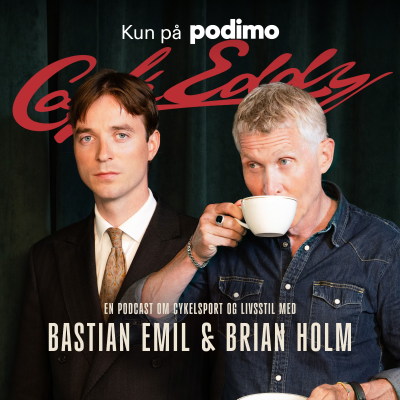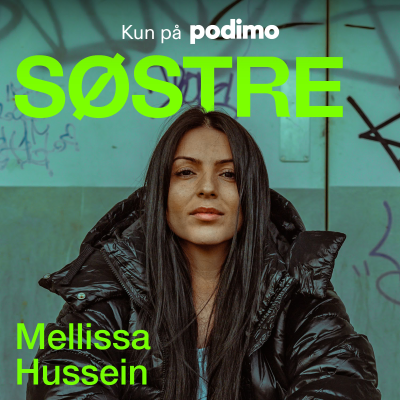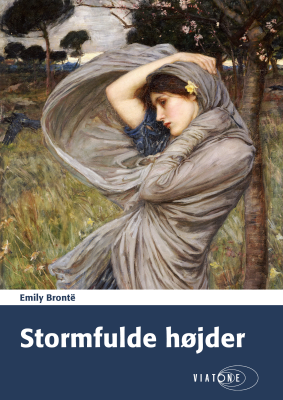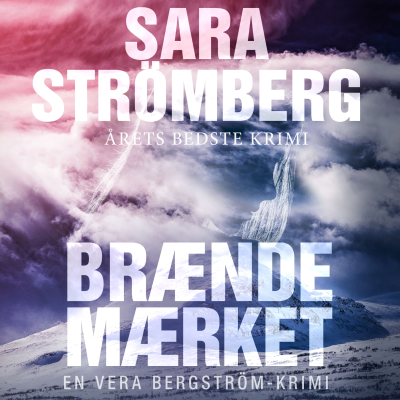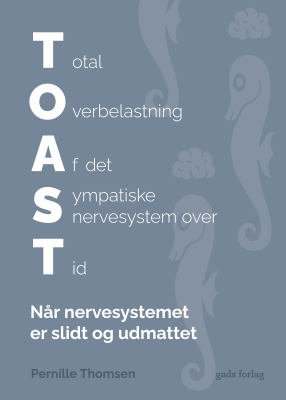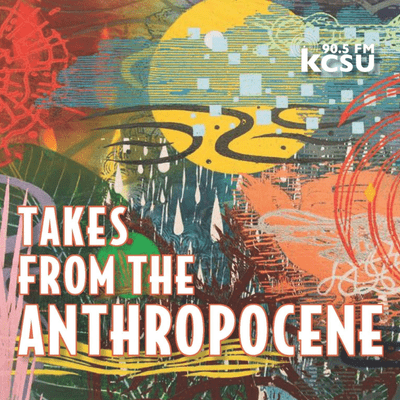
Takes From The Anthropocene
engelsk
Videnskab & teknologi
Begrænset tilbud
2 måneder kun 19 kr.
Derefter 99 kr. / månedOpsig når som helst.
- 20 lydbogstimer pr. måned
- Podcasts kun på Podimo
- Gratis podcasts
Læs mere Takes From The Anthropocene
Get a fresh perspective on the biggest issues facing us and our planet right now—disasters, climate change, and global health crises. These short, lively podcasts convey student ideas springing from Professor Kate Browne’s Fall 2020 course, Public Anthropology. Public Anthropology takes academic anthropology to the streets where a broad public can access and digest what we have learned. The Anthropocene is the name for our current geologic era, uniquely marked by the reach of human impact into all parts of the planet and life here. Each podcast offers a fresh take from this new era, presenting valuable ideas and potential solutions. Have a listen!
Alle episoder
14 episoderClimate change, Displacement, and what to do about them
This episode from Claire Taagen in fall 2020’s ANTH 405, Public Anthropology and Global Environmental Challenges, class at Colorado State University examines climate change, ideas of displacement and ways in which we can combat these rising global challenges. 40% of the world's population is at risk of being impacted by sea-level rise. Taagen explains why western views of nature are harmful to the environment and human social justice, both directly and indirectly. Displacement is strongly impacted by environmental degradation, and displaced communities often struggle to survive and rebuild, while diseases often spread more quickly. Displacement is especially prevalent among Indigenous and low-income communities. Listen in for how large corporations and bureaucrats exacerbate these issues as well as how we can work to minimize them.
Promoting Health Care Access Requires More Diverse Voices
This episode from Roxanne Stacy in fall 2020’s ANTH 405, Public Anthropology and Global Environmental Challenges, class at Colorado State University examines the importance of diversity in making global changes through health care. Stacy begins by introducing anthropologist Paul Farmer's book, "Mountain's Beyond Mountains." He acknowledges that the same health issues affect people differently depending on their access to healthcare. Stacey does not focus on poverty, but rather on how different demographics have different access to health care. This topic is especially relevant with the current pandemic. Even within the U.S., different regions and demographics have different levels of accessibility to health care and disaster recovery. One of the largest problems is that, even when recovery agencies try to step in to help, if they aren't familiar with the struggling community's culture, they can cause more damage than good. Listen in for how diversity in leadership can help prevent some of these major issues.
Water as a Human Right
This episode from Zoe Schutte in fall 2020’s ANTH 405, Public Anthropology and Global Environmental Challenges, class at Colorado State University examines water as a human right and how trends and lenses about water have changed over time. Schutte begins by defining environmental justice before delving into environmental injustices around water. Certain communities are disproportionally impacted by water-related injustices, as exemplified by the water crisis in Flint, Michigan, and Bolivia. Listen in for an in-depth examination of these problems and some solutions to these major issues.
How Indigenous Strategies like Curated Burns can Save Our Forests
This episode from Althea Kress in fall 2020’s ANTH 405, Public Anthropology and Global Environmental Challenges, class at Colorado State University examines farming practices and strategies that have been passed down through generations and how strategies such as curated burns can help save and preserve our forests. Recently, forest fires have been a major issue, and they are exacerbated by other human-caused issues like climate change. Kress gives insight about how the wisdom and passed-down experience of Indigenous communities can be used to prevent future disasters like the fires from the past year.
The Importance of Indigenous Elders and Their Knowledge
This episode from Ranae Call in fall 2020’s ANTH 405, Public Anthropology and Global Environmental Challenges, class at Colorado State University examines the importance of Indigenous elders' knowledge and how their practices and techniques can benefit modern-day societies. Call discusses traditional ecological knowledge, what it means and how it can be applied. Alternative attitudes can also be useful to understanding and interacting with the environment. Listen in for more explanations and ways to remedy historical injustices against Indigenous elders and their knowledge.
Vælg dit abonnement
Begrænset tilbud
Premium
20 timers lydbøger
Podcasts kun på Podimo
Gratis podcasts
Opsig når som helst
2 måneder kun 19 kr.
Derefter 99 kr. / måned
Premium Plus
100 timers lydbøger
Podcasts kun på Podimo
Gratis podcasts
Opsig når som helst
Prøv gratis i 7 dage
Derefter 129 kr. / måned
2 måneder kun 19 kr. Derefter 99 kr. / måned. Opsig når som helst.






